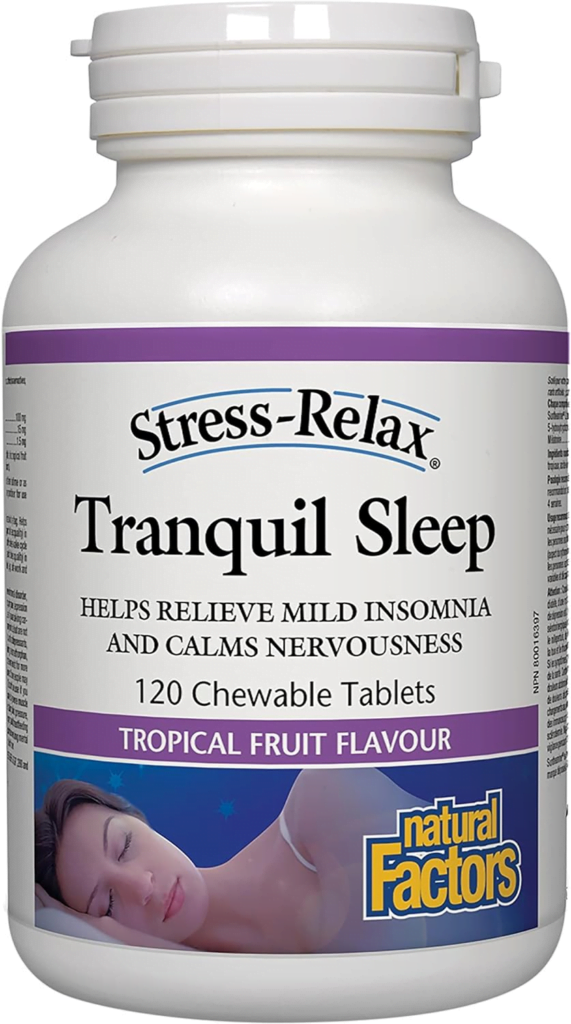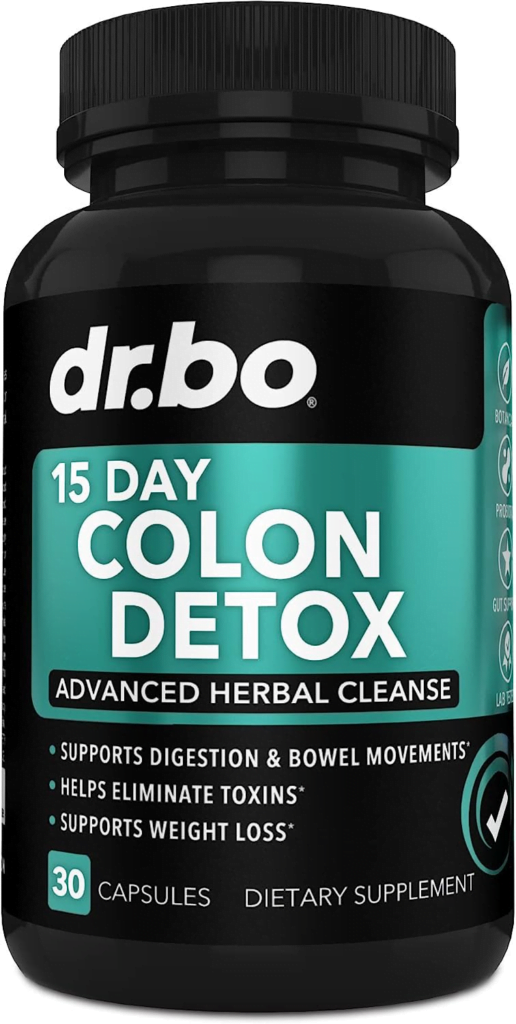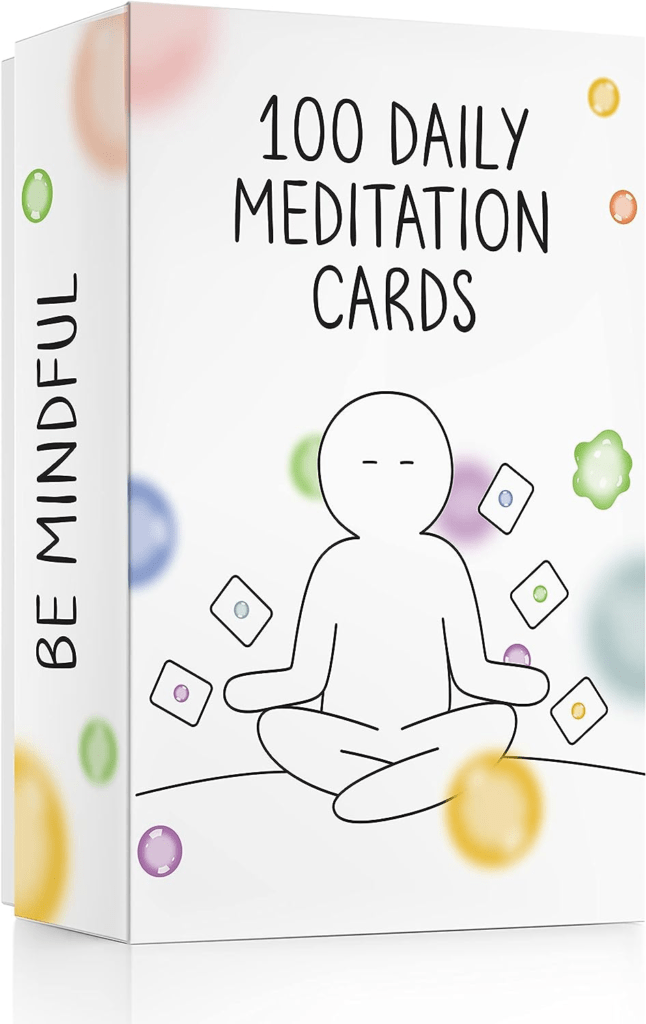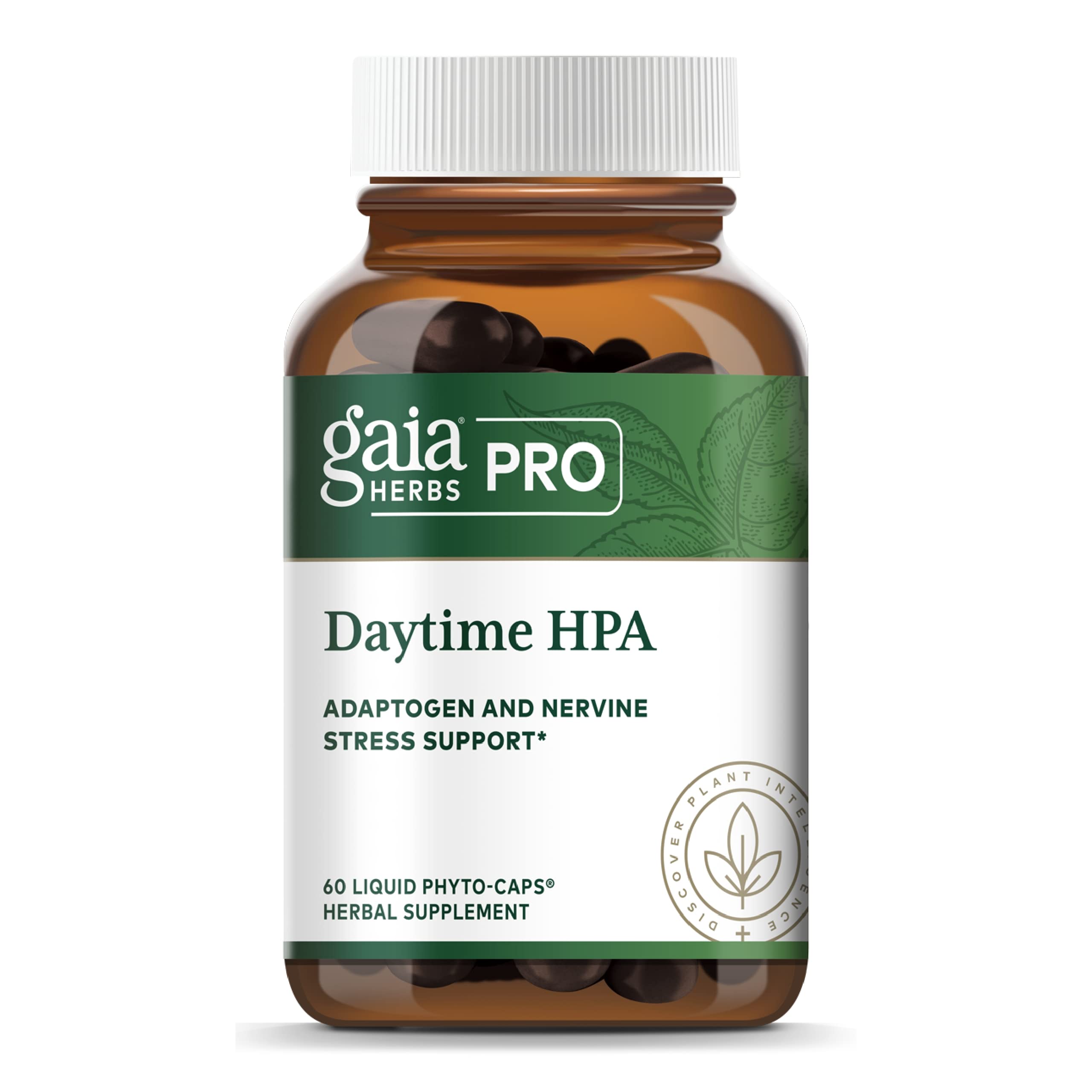What Is The Vagus Nerve?
The vagus nerve, the longest of the cranial nerves, serves as the body’s biological communication highway. It links your brain to critical organs like your heart, lungs, and digestive tract, acting as the central command for your parasympathetic nervous system—the “rest and digest” mode. In an increasingly health-conscious world, nurturing the vagus nerve holds the key to a plethora of health benefits that are both broad and profound.
- Stress Reduction: Activating the vagus nerve helps to lower cortisol levels, the stress hormone, thus enabling better stress management and emotional well-being.
- Improved Digestion: The vagus nerve helps control various digestive processes. Proper stimulation can help with issues like acid reflux and improve overall gut health.
- Heart Health: The vagus nerve plays a role in regulating heart rate and blood pressure, offering potential benefits for conditions like arrhythmia and reducing risk factors for heart disease.
- Mood Enhancement: The nerve affects the release of mood-regulating hormones like serotonin, potentially providing relief from conditions like depression and anxiety.
- Immune Regulation: By mitigating the inflammatory response, the vagus nerve can play a role in boosting your immunity, helping the body defend against various diseases and infections.
- Respiratory Benefits: It also helps regulate breathing patterns, which can be particularly beneficial for conditions like asthma or respiratory issues induced by stress.
Understanding and actively taking steps to stimulate or soothe the vagus nerve can, therefore, provide a holistic way to improve both your physical and emotional well-being.

Soothing the Vagus Nerve: Rituals and Practices
1. Music

Listening to music, particularly classical or calming tunes, can activate the vagus nerve by triggering emotional and physiological responses that promote relaxation. Just 15-20 minutes a day can make a difference.

2. Adaptogens
Herbal adaptogens like Ashwagandha and Holy Basil help balance the body’s stress response, indirectly soothing the vagus nerve. They can be taken as supplements or teas.

3. Darkness
Spending time in complete darkness for a few minutes daily can help reset your biological clock and improve the quality of your sleep, an essential factor in vagal tone.

4. B Vitamins
Supplements like B Vitamins (B12, B6, and B1) are key players in mood regulation and nerve health. They work by nourishing the nervous system, indirectly supporting the vagus nerve.

5. Massages
Massages, especially around the neck and feet, stimulate various pressure points that are directly connected to the vagus nerve. This can provide instant relaxation and enhance vagal tone.

6. 4-7-8 Breath
This simple breathing exercise can be performed anywhere and is an excellent tool for vagus nerve stimulation. You breathe in through the nose for 4 seconds, hold the breath for 7 seconds, and exhale through the mouth for 8 seconds.

7. Cold Therapy
Exposing your face or body to cold water or air can also stimulate the vagus nerve. This practice is often used in conjunction with breathing exercises for maximum benefit.

8. Sleep Habits

Quality sleep enhances vagal tone, which is why setting a consistent sleep schedule and creating a calming bedtime ritual can be helpful.

9. Plant Medicine
Essential oils like lavender and chamomile can be used in aromatherapy to relax the mind and body, indirectly promoting vagal health.

Ways to Activate the Vagus Nerve
1. Bowel Cleanses
The vagus nerve is directly linked to your digestive system. Bowel cleanses can stimulate digestive function, effectively engaging the vagus nerve.

2. Humming
The simple act of humming can actually stimulate your vagus nerve. The vibration in your vocal cords sends positive signals to your brain, enhancing relaxation.

3. Prayer

Spiritual practices like prayer or chanting can elevate your emotional state and stimulate the vagus nerve, providing a sense of calm and peace.

4. Laughter

Laughing engages multiple muscles and systems in your body, including the vagus nerve. This is why you feel relaxed after a good laugh.

5. Meditation

Mindfulness meditation, where you focus on your breath, is a potent way to engage the vagus nerve and achieve a state of balance and calm.

6. Nervines & Adaptogens
As mentioned earlier, adaptogens can soothe the vagus nerve, but nervines like Skullcap and Lemon Balm can also be helpful. They relax the nervous system, promoting better vagal tone.

7. Deep & Slow Breathing
The vagus nerve responds well to deep, slow breathing. Practicing this a few minutes daily can significantly enhance your emotional well-being.

8. Bodywork & Self-Massage

Aside from professional massages, simple self-massage techniques can also stimulate the vagus nerve. Gentle neck massages and even pressure point stimulation on the feet can be beneficial.

9. Fasting
Intermittent fasting or controlled fasting under medical supervision can stimulate the vagus nerve, optimizing digestive function and metabolic health.

The Balance of Activation and Soothing: Why Both Are Critical
Often, discussions about the vagus nerve lean towards the idea of “stimulation” or “activation,” which might imply that more activity is always better. However, it’s crucial to understand the delicate balance between activation and soothing of the vagus nerve for optimal health.
Activation: The Wake-Up Call
Activating the vagus nerve essentially means increasing its ‘tone,’ which is a technical way of saying improving its function. Elevated vagal tone is associated with better regulation of body functions like blood sugar, blood pressure, and heart rate. It also plays a significant role in reducing inflammation and lowering stress and anxiety. When we talk about ‘activating’ the vagus nerve, practices like bowel cleanses, fasting, and deep, slow breathing come into play. These activities essentially “wake up” your vagus nerve, making it more responsive and efficient.
Soothing: The Calm Down
On the other side of the spectrum, the vagus nerve also needs periods of ‘soothing’ or ‘calming’ to counterbalance its activation. This is especially true in our modern, high-stress environments where the ‘fight or flight’ system is frequently engaged. Soothing the vagus nerve involves engaging the parasympathetic system, your body’s own “chill-out” mechanism. Activities like listening to calming music, 4-7-8 breath, and spending time in darkness can help in this soothing process.
The Synergy of Both
The magic happens when activation and soothing activities are synergized in a balanced routine. Too much activation without adequate calming can lead to stress and burnout. On the other hand, excessive calming without sufficient activation can result in lethargy and decreased motivation. The practices we discussed earlier, like adaptogens, massages, and plant medicines, often serve dual purposes. They can either activate or soothe the vagus nerve depending on what your body needs.
It’s also worth mentioning that some practices, like meditation and certain types of breathwork, can serve to both activate and soothe the vagus nerve, depending on how they are employed. For instance, deep, slow breathing can be activating when done in a focused manner, but when paired with calming visualization techniques, it becomes a soothing practice.
Customization Is Key
Understanding your body’s needs is essential when deciding whether to focus on activation or soothing techniques. Your current health condition, lifestyle, and stress levels are factors that can help you decide which practices to prioritize.
Balancing the act of activation and soothing of the vagus nerve is a critical but often overlooked aspect of comprehensive health and wellness. Recognizing when to stimulate and when to calm your vagus nerve can make a significant difference in your physical and emotional well-being.
Recommended Products for Vagus Nerve Care from Amazon
If you’re interested in elevating your vagus nerve health to the next level, there are several products available on Amazon that can help you implement the rituals and practices discussed above. Here’s a curated list of some highly-rated items to consider:
Music for Calming
- Soundscapes for Relaxation: A collection of calming tunes perfectly curated to soothe your vagus nerve and promote relaxation. It’s available for instant download or streaming.
Adaptogens and Supplements
- Organic Ashwagandha Capsules: Known for its adaptogenic properties, this supplement is great for balancing stress and soothing the vagus nerve.
Sleep Aids
- Silk Sleep Mask: Block out unwanted light and fully embrace the healing power of darkness.
Massage Tools
- Neck and Shoulder Massager: This electronic massager provides a deep kneading massage, great for stimulating the vagus nerve.
- Acupressure Mat and Pillow Set: Ideal for self-massage and pressure point activation, this set can be a great addition to your relaxation routine.
Breathing Exercise Tools
- 4-7-8 Breath Guide: A handy guidebook and timer that teaches you how to master the 4-7-8 breathing technique effectively.
Cold Therapy Items
- Face Ice Roller: Keep this in your freezer and roll it over your face for quick and effective cold therapy.
Plant Medicine
- Essential Oil Diffuser with Lavender Oil: Experience the calming benefits of aromatherapy with this easy-to-use diffuser set.
Conclusion
Understanding the vagus nerve and how it contributes to various physiological functions provides a path to holistic wellness. Incorporating these rituals and practices can offer a comprehensive approach to health, promoting both physical and emotional well-being. As always, consult with your healthcare provider before embarking on new wellness practices, especially if you have pre-existing conditions.


























